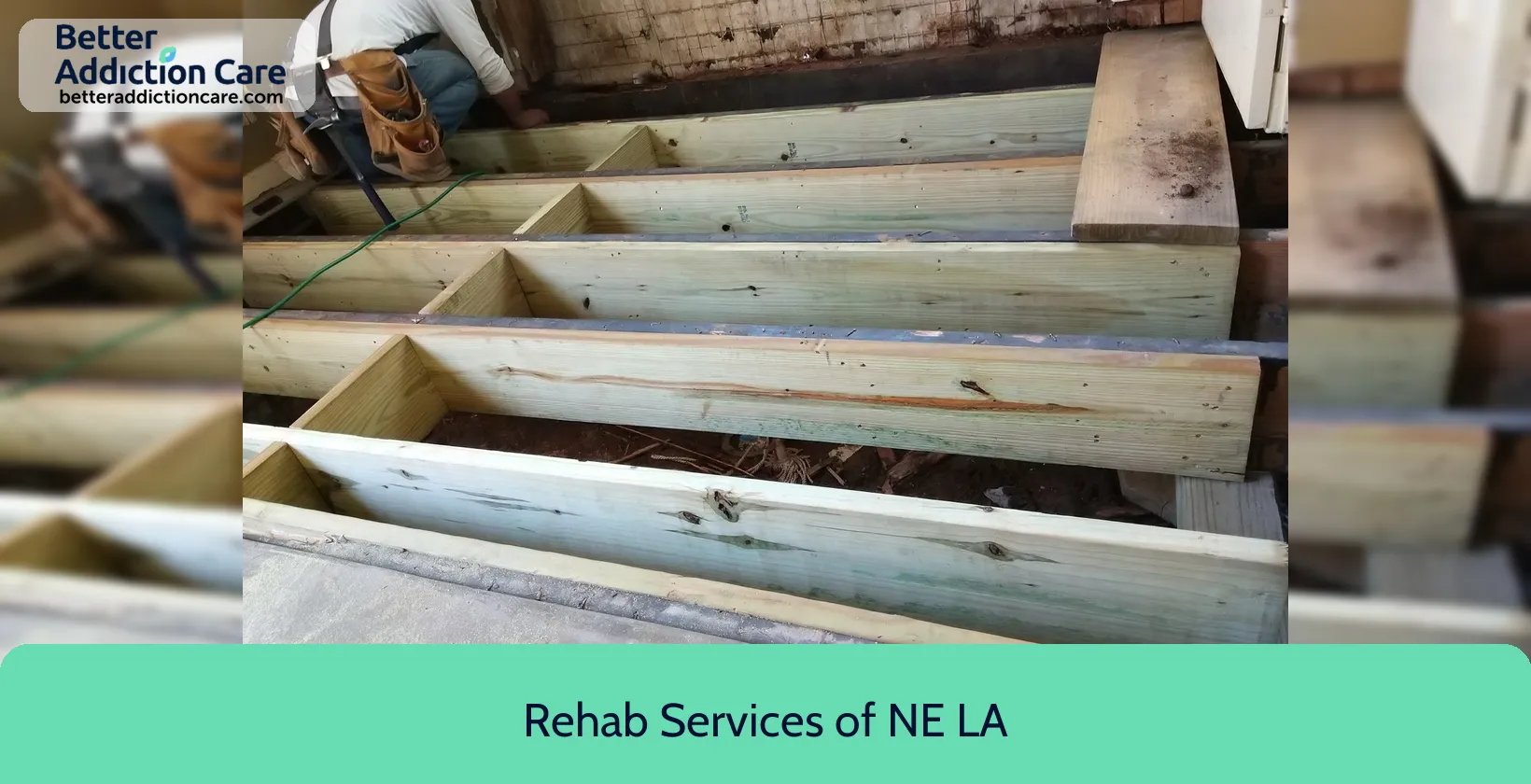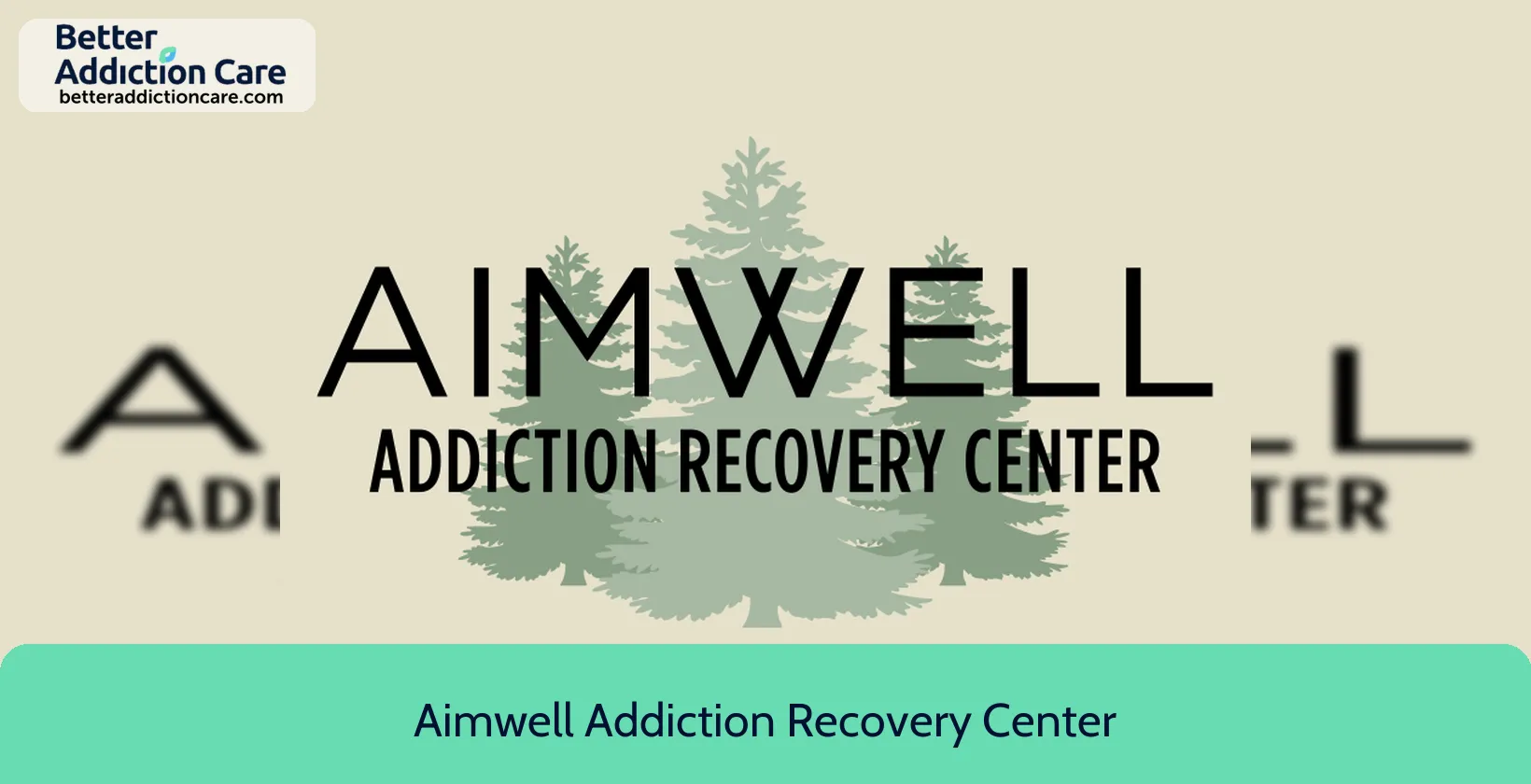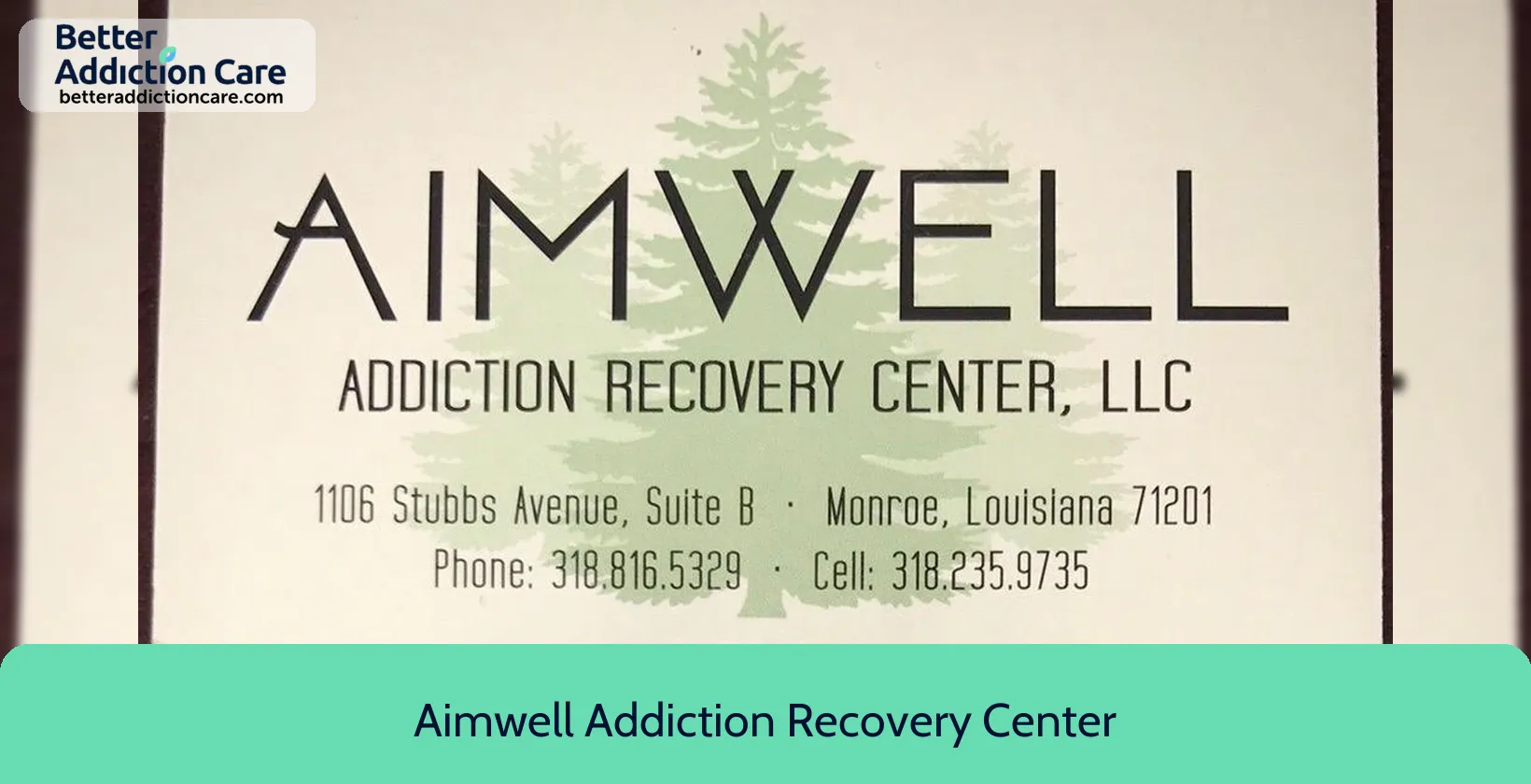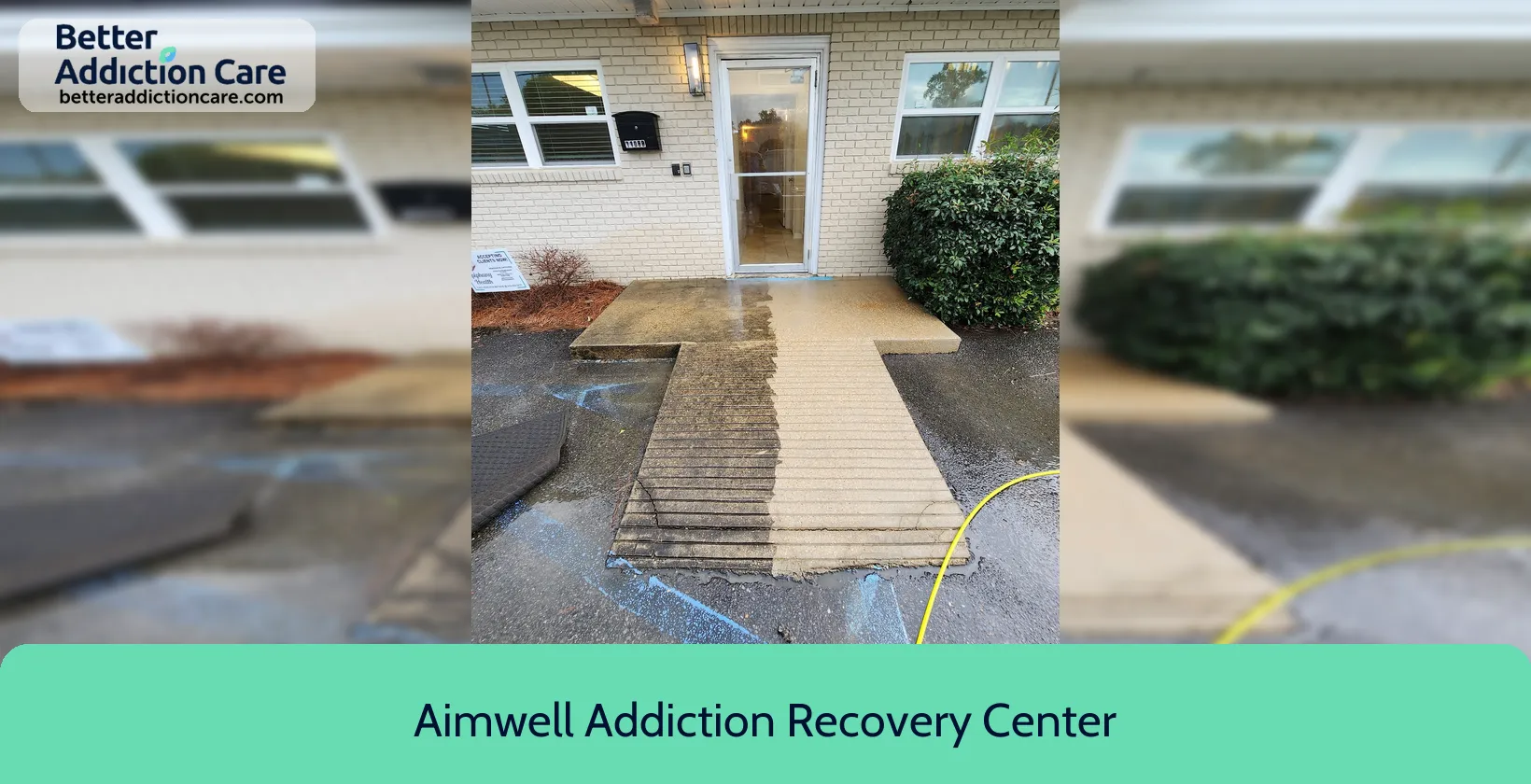Aimwell Addiction Recovery Center
Overview
Aimwell Addiction Recovery Center is a mental health treatment center for people seeking treatment near Ouachita County. As part of their treatment modalities for recovery, Aimwell Addiction Recovery Center provides couples/family therapy, group counseling, and cognitive behavioral therapy during treatment. Aimwell Addiction Recovery Center is located in Monroe, Louisiana, accepting cash or self-payment for treatment.
Aimwell Addiction Recovery Center at a Glance
Payment Options
- Cash or self-payment
- Medicaid
- Private health insurance
- Federal military insurance (e.g., TRICARE)
- U.S. Department of VA funds
Assessments
- Screening for tobacco use
- Comprehensive mental health assessment
- Comprehensive substance use assessment
Age Groups
- Seniors or older adults
- Young adults
- Adults
- Seniors
Ancillary Services
- Court-ordered outpatient treatment
- Family psychoeducation
- Integrated primary care services
- Suicide prevention services
Highlights About Aimwell Addiction Recovery Center
6.68/10
With an overall rating of 6.68/10, this facility has following balanced range of services. Alcohol Rehabilitation: 8.00/10, Drug Rehab and Detox: 6.00/10, Insurance and Payments: 6.00/10, Treatment Options: 6.73/10.-
Alcohol Rehabilitation 8.00
-
Treatment Options 6.73
-
Drug Rehab and Detox 6.00
-
Insurance and Payments 6.00
Treatment At Aimwell Addiction Recovery Center
Treatment Conditions
- Mental health treatment
- Alcoholism
- Substance use treatment
- Co-occurring Disorders
Care Levels
- Outpatient
Treatment Modalities
- Couples/family therapy
- Group counseling
- Cognitive behavioral therapy
- Integrated Mental and Substance Use Disorder treatment
- Activity therapy
Ancillary Services
Special Programs
- Clients with co-occurring mental and substance use disorders
- Veterans
- Active duty military
- Members of military families
- Criminal justice (other than DUI/DWI)/Forensic clients
Get Help Now
Common Questions About Aimwell Addiction Recovery Center
Contact Information
Other Facilities in Monroe

6.59

7.22

6.99

6.89

6.71

7.46

6.62

6.56
DISCLAIMER: The facility name, logo and brand are the property and registered trademarks of Rehab Services of NE LA, and are being used for identification and informational purposes only. Use of these names, logos and brands shall not imply endorsement. BetterAddictionCare.com is not affiliated with or sponsored by Rehab Services of NE LA.



